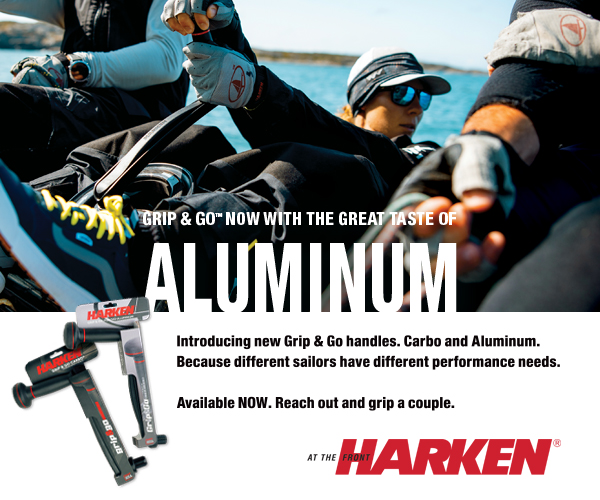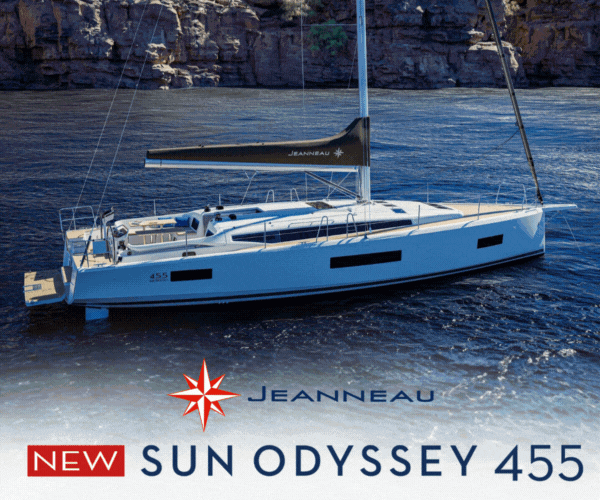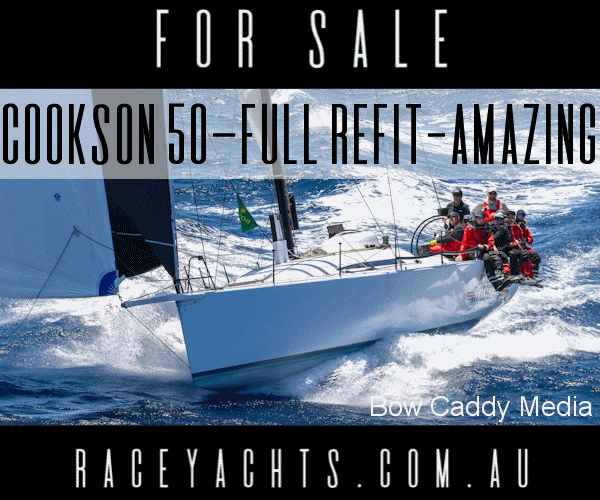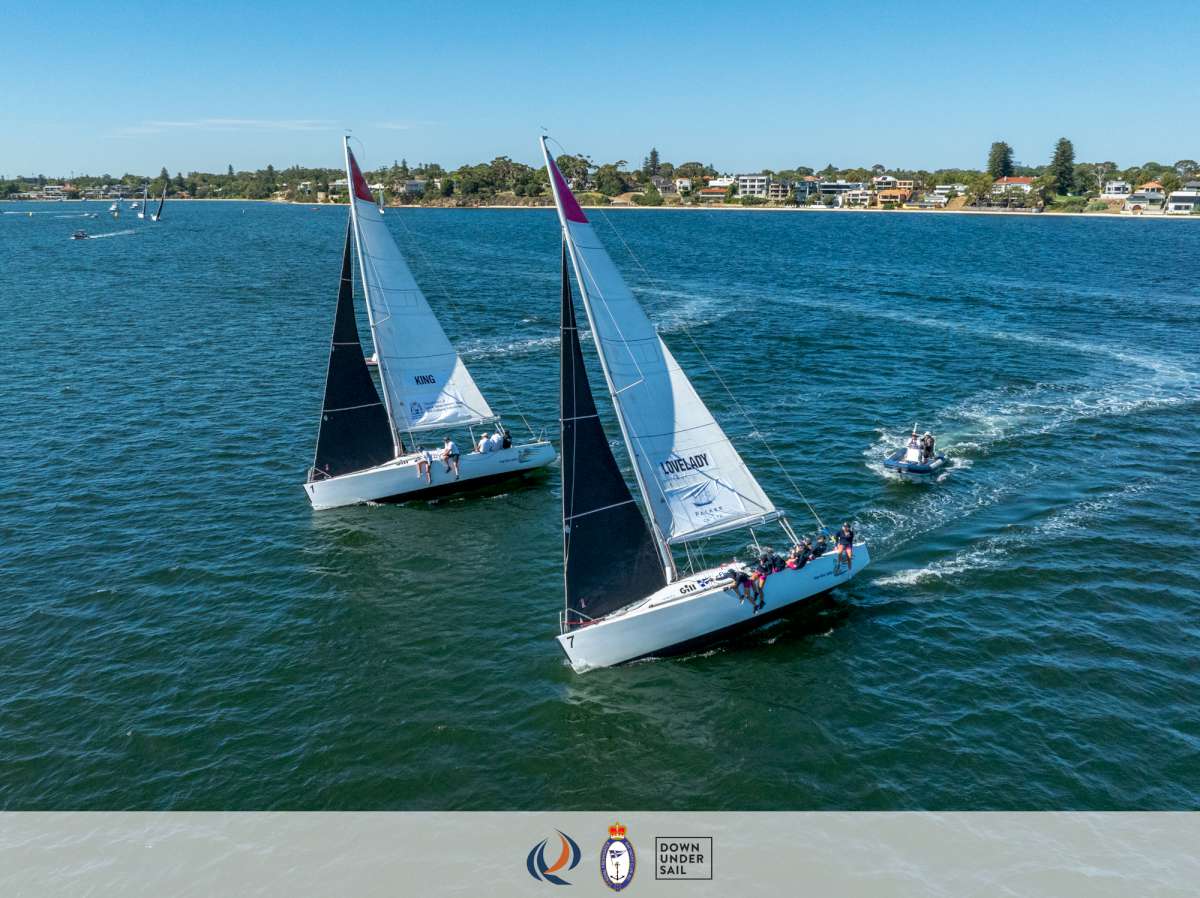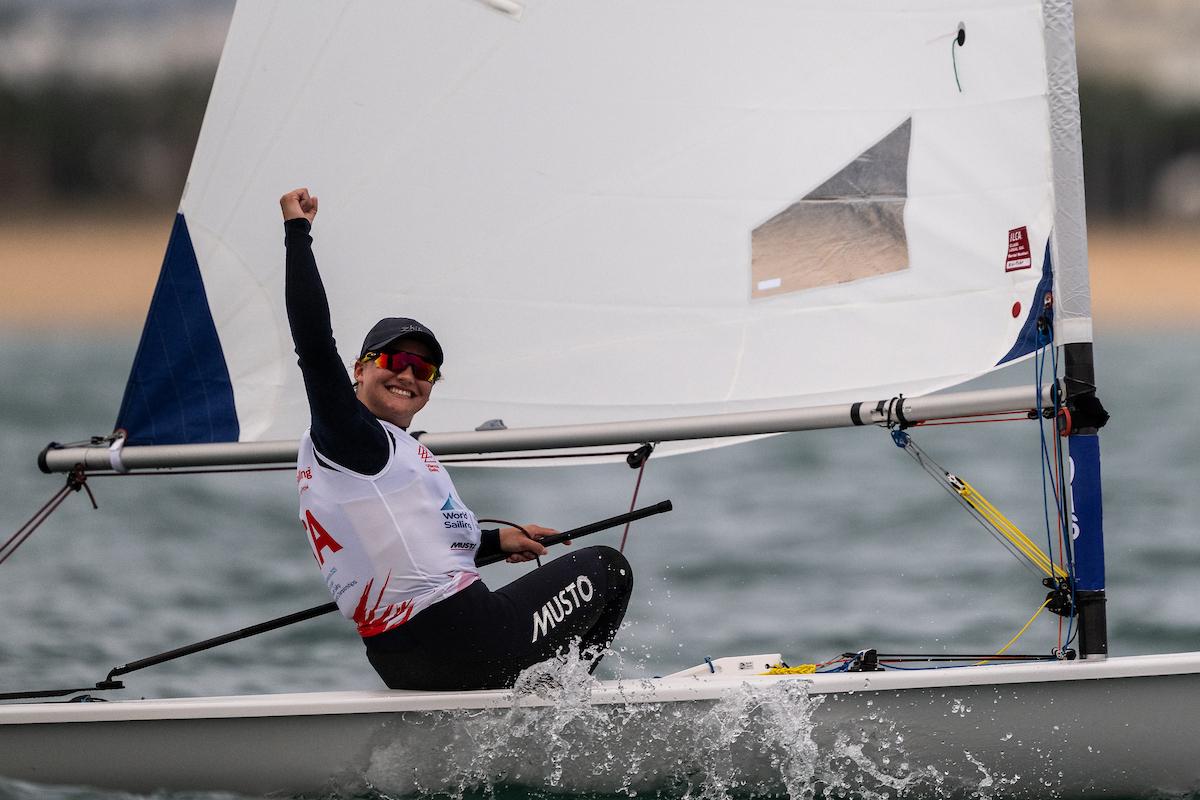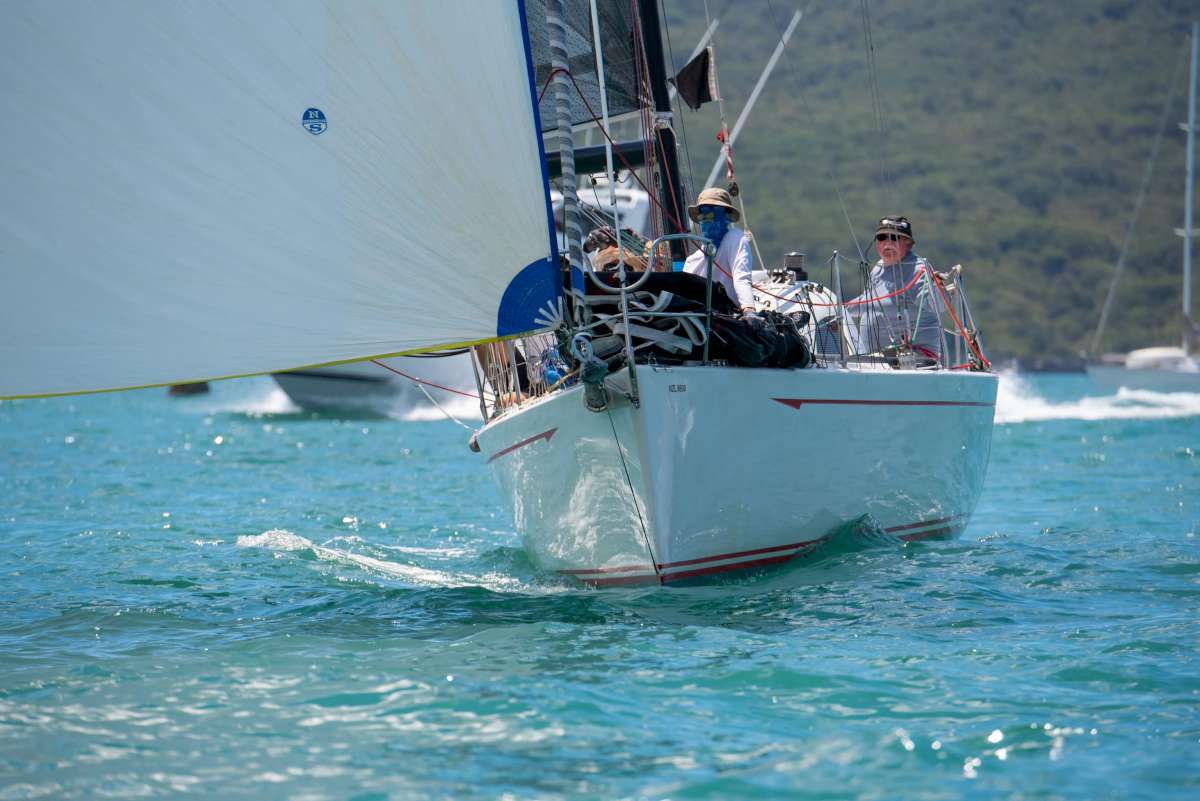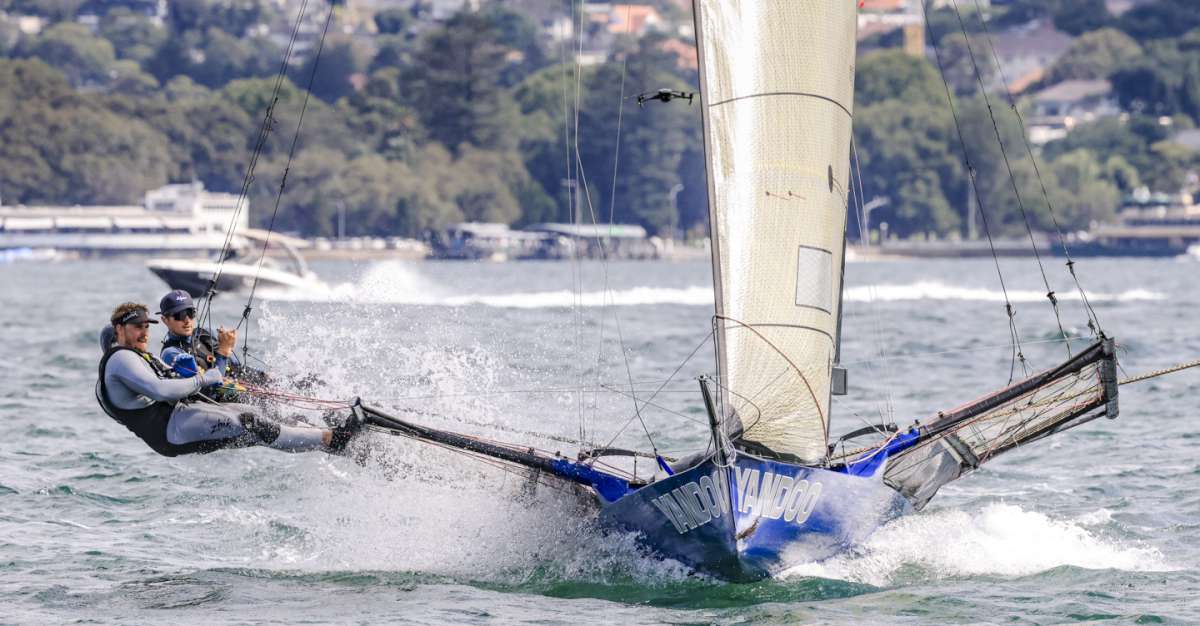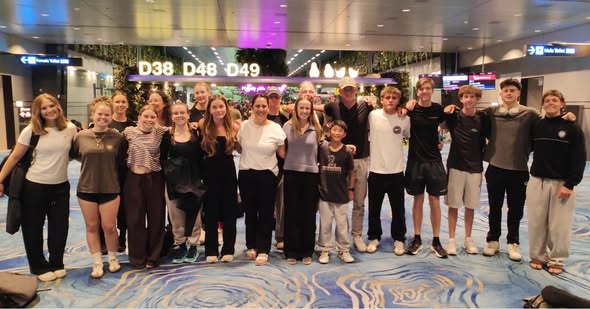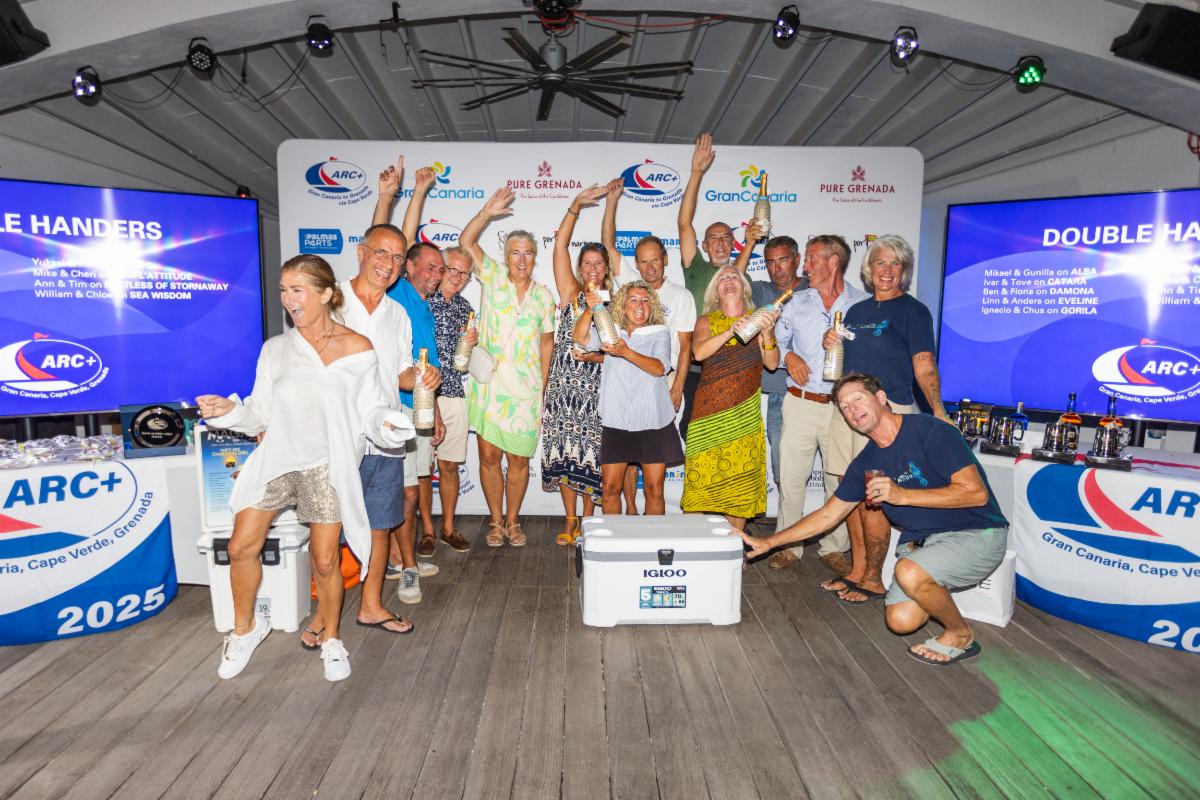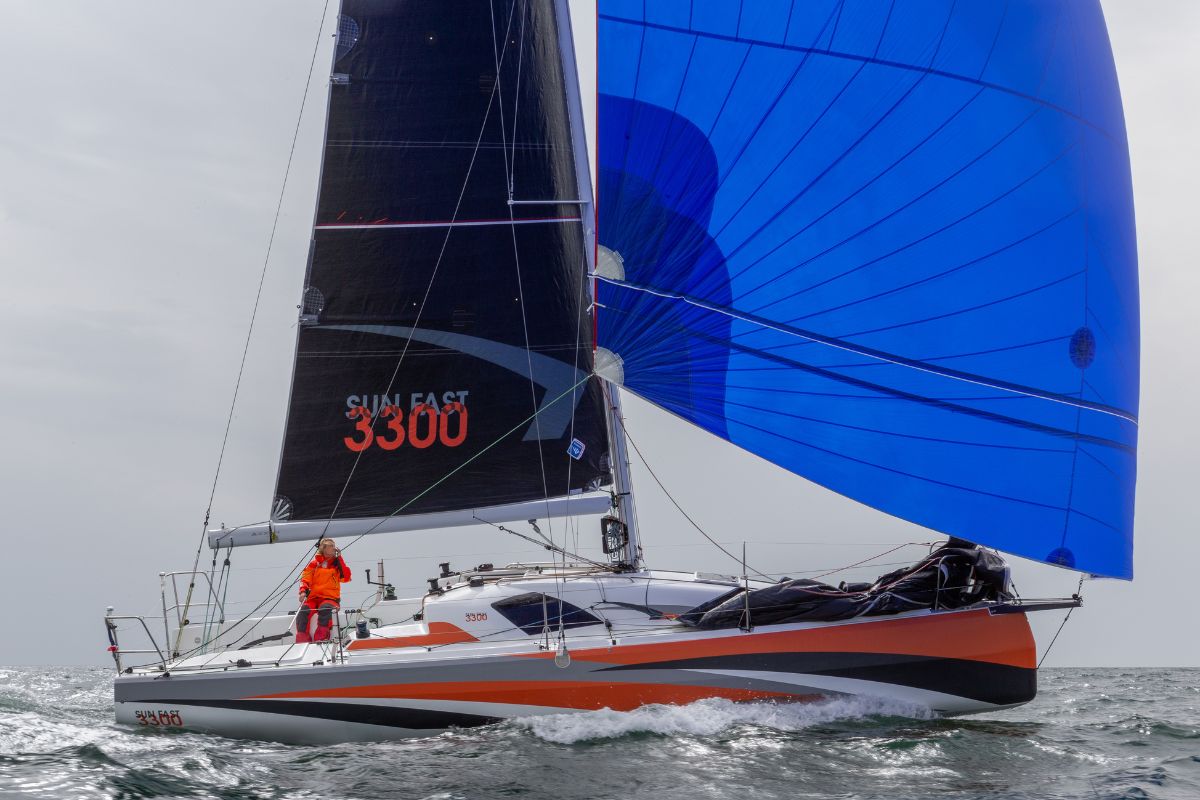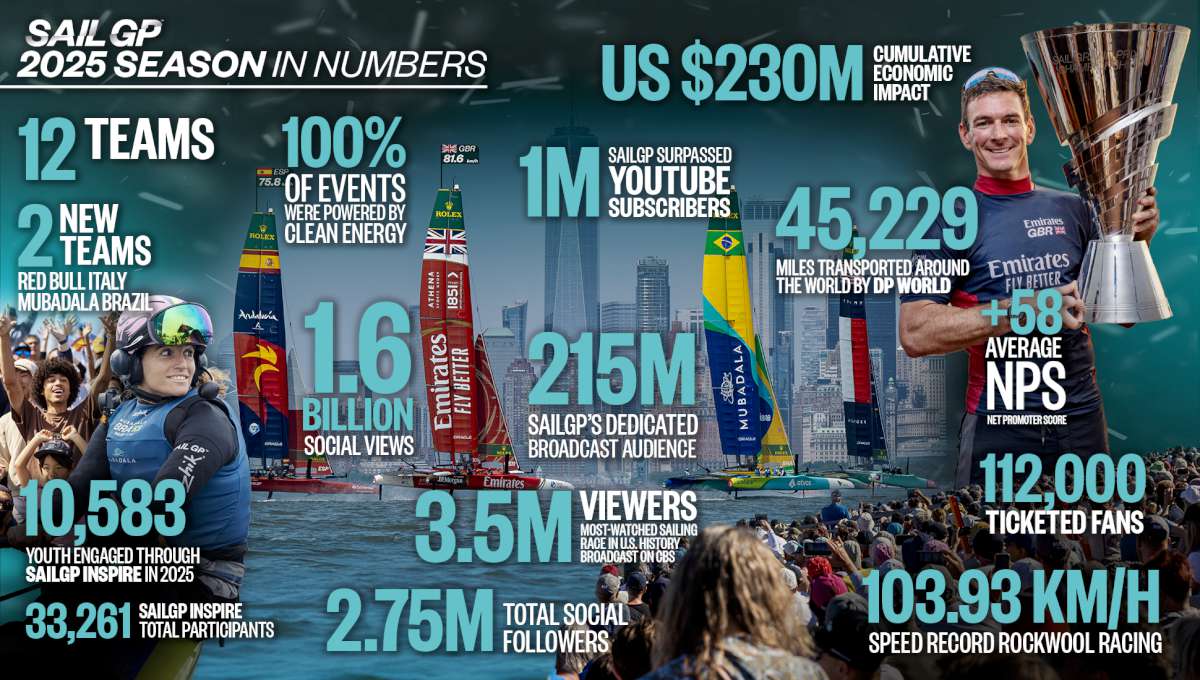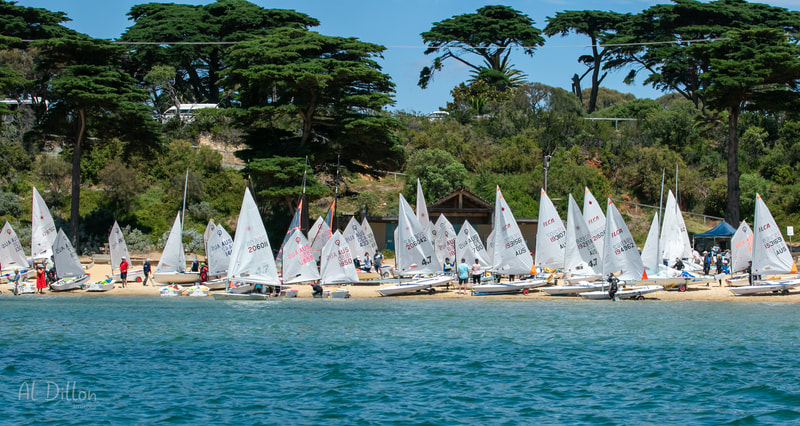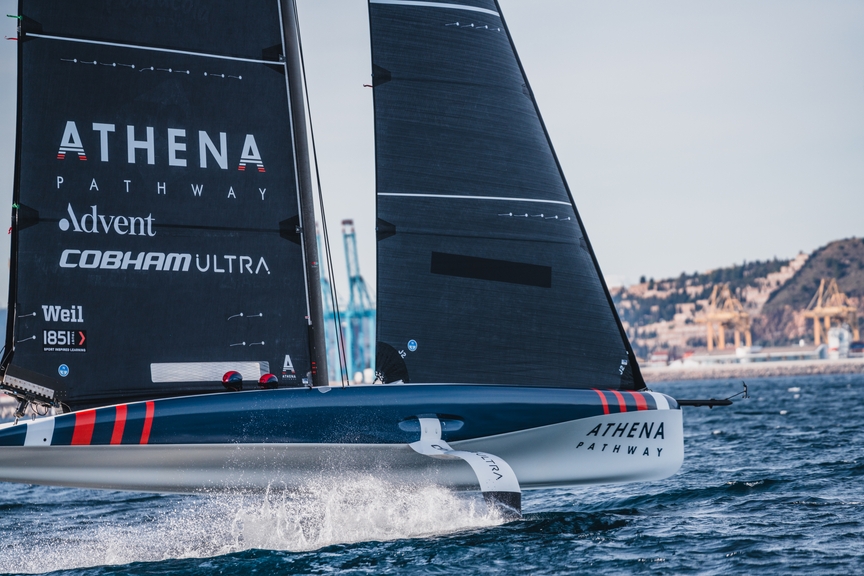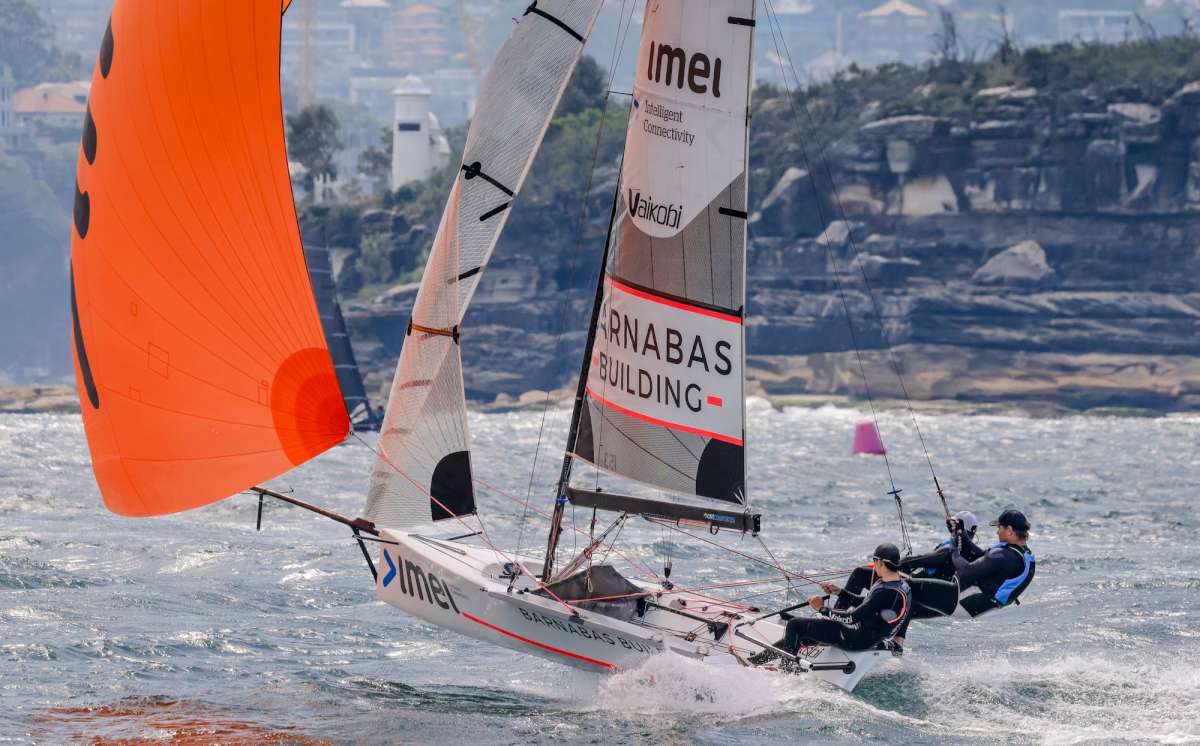Feature: Bluewater sailing
Jackie Parry joins a classic thoroughbred for a delivery trip to Hobart. Will West Wind make it? Jackie tells the story.
The tangy smell of the salt-laden breeze and the late afternoon muting of colours surrounded the cockpit. Our skipper's comments contained a sprinkle of sarcasm laced with wit. When he spoke, his wife Gilli and his crew ð my husband Noel and I ð listened intently. His voice betrayed conviction and caution: “I think we'll abort the trip to Hobart.”
The beginning
Jock Muir, unknowingly, was responsible for us all being in the cockpit on the high seas on this particular night. Mr Muir's first boat, West Wind, is now the proud “owner” of Chris Dicker, truck driver, yachtsman and boatbuilder extraordinaire. Built in Battery Point (1935-1937), West Wind is a 36ft huon-pine double-ender, originally a ketch, but now a sleek and practical cutter-rigged sloop.
The year West Wind claimed Chris's heart was 1999. His head urged “keep away” but his heart fell, hook, line and sinker.
“The decks sagged beneath me the first time I stepped on board,” he remembers with a self-depreciating smile.
“The vents and windows had been shut for years, so I was greeted with the acrid stench of fungus and decay. Clearly some one had disappeared up to their armpits through the cockpit sole at some point.”
He laughs now, shaking his head at what he must have been thinking, and goes on to explain how the furniture was pure pulp, having been under water for some time.
Have boat, will work
After eight years of restoration, Chris and Gilli launched West Wind at Kurnell in Botany Bay in January of 2007, just a few weeks before the Wooden Boat Festival in Hobart, a long-held goal.
Only weeks before, blessed with good weather, they had finished re-caulking the hull, applying the putty, a coat of primer and antifouling. As the gleaming hull slid back into briny the dried timber planks gratefully swelled, stopping all leaks bar one tiny drip within just 48 hours.
Gilli admits the boat still just looked a mess and the strange nautical terms were also daunting. Eating late each night, she supported Chris and his dreams. Painting, sewing lee-cloths, shopping, washing, cooking but – maybe more importantly ð being a staunch ally, keeping humour and simply being a good mate.
Fourteen sleeps to go
With just 14 sleeps to go until the festival started, my partner Noel, a boatbuilder, went to Sydney and spent a week helping the preparation: running backstays, chainplates, tennis balls on solar panels (head-protecting devices), lifering mounts, winch for reefing line, fixing leaks in hatches (rain-tested), porthole gaskets, lee-cloths fitted, sheet winches mounted, all reefing gear on sail, spinnaker pole mounting on mast, spinnaker pole cut to length, running blocks for sheets . . . on it went.
The day before leaving, more friends of Chris and Gilli arrived and crawled over and around one another while fixing navigation lights, the compass, the compass light and VHF. To aid the frantic activity, their beautiful teak tiller – yet to be pinned ð had wriggled loose, disappearing over the side, creating an additional job.
The first time the sails were hauled was as they left Botany Bay. They were finally bound south, aware of the harsh reality of the shrinking of time and the lack of even a shakedown cruise. But they were off, proud owners Chris and Gilli and friend Noel, heading south to collect me at Crookhaven, where I would join the intrepid crew for the trip to Hobart.
Maiden sail
West Wind's (and Gilli's) maiden sail was from dusk till dawn. Neptune's heart went out to the tenacious team and a 15-knot northeasterly breeze stroked the new sails, propelling the fine hull, slicing the water like a butcher's knife. The (new) tiller's paint was still tacky and without autopilot. When you were on the helm you were “stuck” there, so to speak.
Crookhaven welcomed them in with a calm dawn and flood tide. I hopped on board and joined in the fray. The “party” consisted of mounting the autopilot, fabricating a makeshift dodger and putting another coat of paint on the finger-smeared tiller.
With four on board bound for Eden, we could put West Wind through her paces. And ð like a pure thoroughbred ð she extended her proud head and streaked through the waves as if they were mere ripples. As the GPS flashed eight then nine knots, Chris could not rein in his smile. Wherever Jock Muir roams, he must have felt the same pleasure rush through his veins. The Wooden Boat Festival was in sight.
Southerly change
A southerly change dictated a stop in Eden and our battle with time, testing and troughs was on. The engine overheating alarm burst into the peaceful putter of a happy engine. With a quick recce resulting in shrugged shoulders, this was solved by disconnecting the source of the noise. The small leak was dealt with by the automatic bilge pump, but the hourly kick-in was down to seven minutes (it was pumping seven litres, every seven minutes).
Not to be deterred, we set off in a southerly, hoping the northerly change would be speedy. West Wind stretched her fine legs, and we tacked down to just 18 miles from Cape Howe Point. Disaster Bay on our right was starting to seep into our thoughts. West Wind heeled over at 45¡ and the sailing became hard.
Chris became quiet. “I had to think of everyone,” he said, about his crew, “as well as West Wind.” The small problems were accumulating into a bigger one. With speed made good at two knots, it meant Bass Straits would play host to West Wind for a week.
Ultimate decision
We heard Chris's decision and turned back for Eden. The decision was his and his alone ð as crew the rest of us could only offer support.
After our return to Eden, the weather was watched, felt, breathed, snorted and analysed to within an inch of its life. As if adding salt to the wounds, southerlies were predicted for the whole week leading up to the start of the festival. We were all disappointed, but ð admittedly ð relieved. Bass Strait is not a stretch of water to tango with.
The return trip from Eden to Ulladulla was fraught with black squalls against the coal night. The spinnaker pole fitting started to pull loose and the mast track was bending.
Let us judge
So, now – perhaps we can judge the skipper. “Turning back” are two words and actions that as a sailor do not bother me one bit. But I have come across a startling number of sailors who would not consider this an option. To me ð and the others aboard West Wind ð the decision to turn back was the brave decision. It is a success, not a failure, to understand the strength of the oceans and unpredictability of such places as Bass Strait, to say nothing of self, crew and boat preservation.
As the mist of the vanishing evening extended in both time and space, swallowed by the horizon into the timeless grey of dusk, I asked Chris what was next. Again, he stared out as if searching the future for the answer. “Just time to enjoy our boat,” he said.
AUTHORS BIO.
Jackie and Noel have sold their sailboat, Mariah II, although they still get their kicks on the water skippering a local charter boat and rescue vessels.
Next wooden boat festival
The next Wooden Boat Festival in Hobart is February 6-9 2009. Chris and Gilli are already making plans to be there. They have now had several coastal cruises with West Wind, all of which have been a resounding success. You can find out more information on the festival at www.australianwoodenboatfestival.com.au
